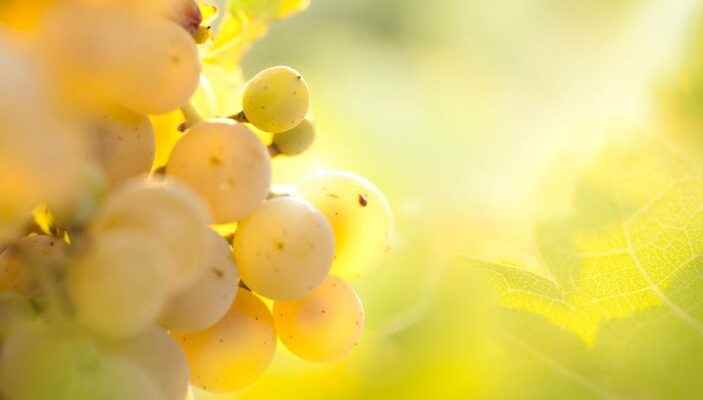A study carried out by the magazine Wikiagri and Agriculture & environment (A&E) found the presence of copper residues in all of a panel of organic wines analyzed.
Drinking organic wine is swallowing copper? This a priori absurd idea has something to put off more than one consumer of organic food. Yet it is in the background the message conveyed by a study carried out by the Wikiagri community site and the journal Agriculture et Environnement, an independent newsletter of trade unions and professional associations in agriculture.
For the purposes of the study, three independent laboratories analyzed the presence of copper in 29 samples of organic wines from all regions of France. All the wines were purchased between September 15 and October 15, 2015 in a specialist store (Nicolas), as well as in several supermarkets in the Paris region (Carrefour, Auchan, Monoprix).
Verdict: Residues of the main fungicide used in organic farming were detected in all samples. “Copper residues are even much more present in organic wines than are synthetic pesticides in wines from conventional viticulture”, points out the study.
THE’Organic agriculture prohibits the use of synthetic chemicals (synthetic pesticide and fertilizer). Organic farmers, on the other hand, can use natural organic pesticides such as nettle manure, vegetable oils, potassium bicarbonate, copper, etc. Copper is the most widely used organic pesticide in organic farming, according to the study.
Non-toxic amounts
There would therefore be residues of this organic pesticide in wines from organic farming. But should we worry and shun organic wine for all that? While chronic exposure to copper could be harmful to health (increased risk of neurodegenerative diseases such as Alzheimer’s or Parkinson’s disease, for example), the amounts found in organic wine samples remain at a non-toxic level. They remain below health limits – the daily dose of copper is estimated at 9 mg per day. “To reach the ADI (Acceptable Daily Dose), it would indeed be necessary to consume 60 liters of wine per day (for an average of 0.15 mg / l)”, specifies the study. These non-alarmist results for information purposes show that, like fruit and vegetables, organic wines are not always free from pesticides, even if they are of natural origin.
>> To read also: Why does rosé wine give you a headache?
Should we be afraid of pesticides in wines?
Is drinking wine good or bad for your health?
Is the danger of pesticides underestimated?
Do you think that we should be wary of organic wines? Testify on the forum.
Loading widget
Subscribe to the Top Santé Newsletter to receive the latest news for free
